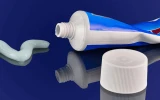Why Your Home is Making You Sick
Published on Aug 5, 2019
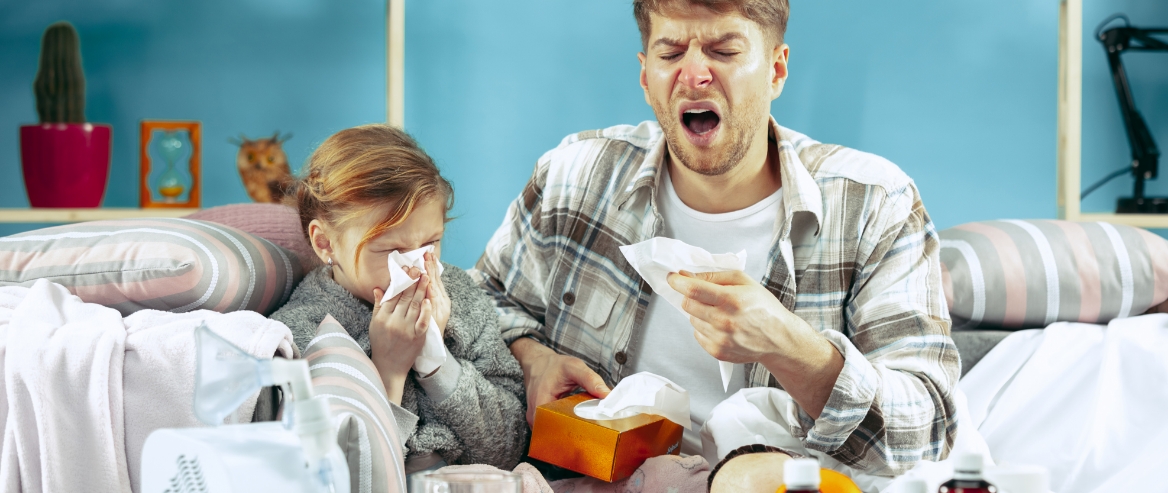
Your home is your castle. But it could be making you sick.
You’ve cleaned up your diet. You’re exercising more. So why do you keep getting colds or just generally feeling unwell? It may be Sick Building Syndrome, which links the potential hazards in our home environment to the general decline in human health.
What is Sick Building Syndrome?
Certain items or areas of your home may be ‘sick’ and contributing to your ill health. Some examples of symptoms may include:
-
Emotional changes - Lack of sleep, anxiety or depression symptoms.
-
Respiratory / mucosal issues - Sore throat, runny/itchy nose, congestion, aggravation of asthma or allergies
-
Conginitive concerns - Headaches, fatigue/lack of sleep, fogginess/lack of concentration.
The Top 5 Things in Your Home That are Making You Sick and How to Cure Them
1. Mould
It’s no secret the damaging effect mould and mould spores may have on your health. Not all mould species affect your health but those that do contain mycotoxins, which can trigger respiratory reactions, sore eyes or general lethargy. Mould and its spores can be particularly problematic for those with weakened immune systems or propensity to allergic or asthmatic reactions.
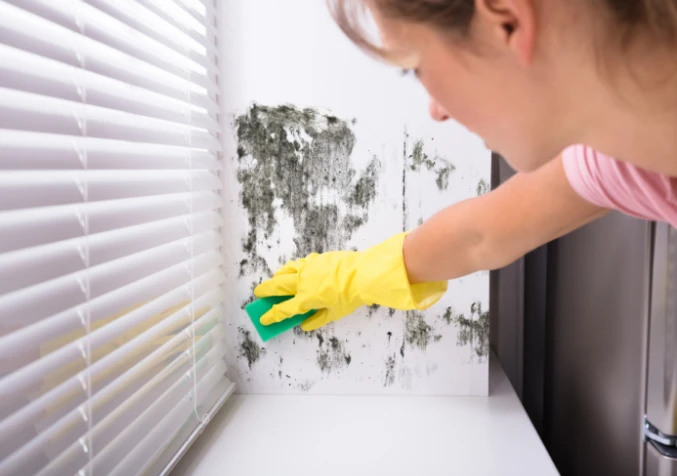
How to get rid of mould
-
Treat smaller mould infestations/patches with a 1:1 white vinegar/water solution. Spray directly onto the mould, leave for up to 5 minutes and wipe with a microfiber cloth. You may need to repeat a couple of times.
-
For larger or stubborn infestations, you may need to call the professionals. Electrodry Mould Cleaning can effectively remove mould and provide practical, cost-effective recommendations to find the source and prevent mould from returning.'
-
You can help to prevent mould infestations by opening the windows in your bathroom, kitchen and laundry regularly, using your exhaust fans and treating smaller mould promptly.
-
Keeping on top of mould will help you to maintain a healthy home - it may also mean you won't need professional assistance in the future
2. Clutter
You’ve heard the saying ‘Cluttered Life, Cluttered Mind’. Most of us think of reality TV shows like Hoarders when we hear the word ‘clutter’, however, experts in this Psychology Today article simply describe it as “the accumulation of more possessions than can fit into the available space”. This also extends to the digital space, e.g. that email inbox with the 4,532 unread messages. The theory is that the more clutter you have in your home, the more it interferes with the pleasure you feel in that environment.
It makes total sense - an organised home will help your mind feel more organised.
Don’t forget the more clutter you have, the more places dust has to gather, which also has health repercussions.
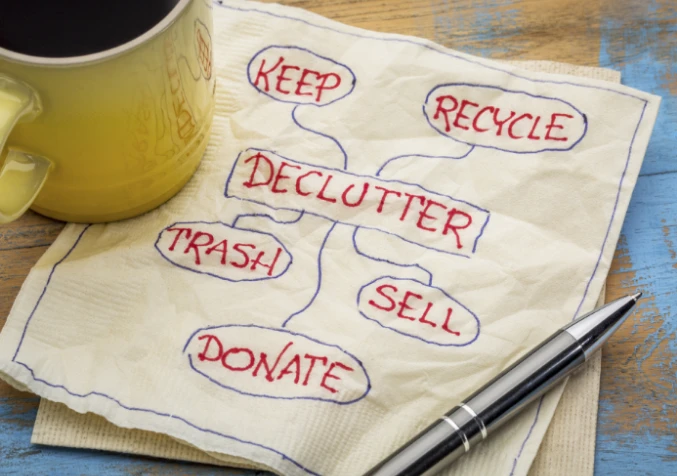
How to declutter your home
-
Get busy! Just tackle a small task or drawer at a time so that it isn’t too overwhelming. This article is a great starting off point.
-
Embrace the Broken Windows Theory, which is basically about putting everything back in its place.'
-
Teaching yourself, and everyone else at home, where things should go will make clean up time so much smoother.
3. Indoor air pollutants
Many homes don’t have sufficient natural air flow, which increases bacteria and mould. According to the Australian Department of the Environment and Energy, we spend an average of 90% of our lives indoors, with air quality potentially affected by fungi, microbial contamination, house dust mites, particulates and air toxics such as formaldehyde.
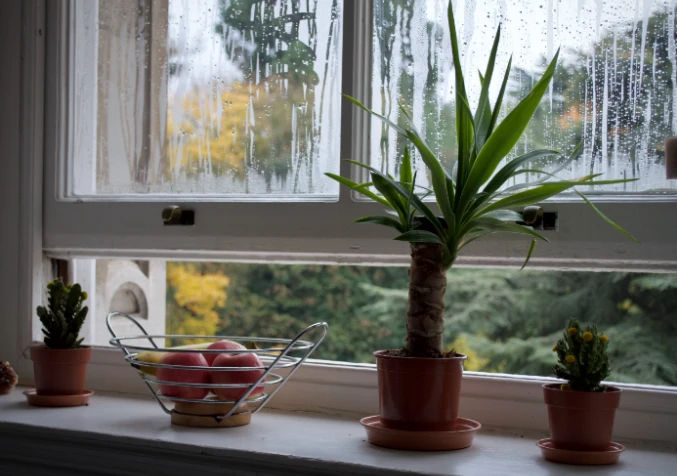
How to have better indoor air quality
-
Invest in indoor plants – some species absorb allergens and remove toxins from the air. They'll also create a calmer atmosphere while beautifying your space.
-
Ensure your air conditioner filters are clean so that the unit is running efficiently and not blowing pollutants throughout your home. This can be done by cleaning out your filters or engaging the services of professional air conditioner cleaners.
-
Let fresh air in as much as possible.
4. Chemicals
Cleaning and personal care products expose us to a smorgasbord of chemicals, whose long-term effects on our health are largely unknown. Add in the fact that we’re often using these items in poorly ventilated areas and you can see why they can affect our health.
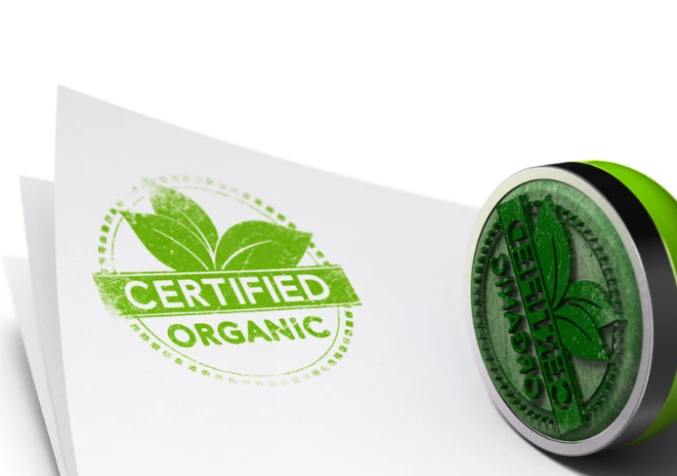
How to use less chemicals at home
-
Use natural or ‘green’ products where possible. Natural products can be used on most cleaning tasks around the home and do a great job without using excessive cleaning.
-
Open windows when cleaning as much as possible and don’t overuse products. Make sure you are always following the cleaning product instructions.
5. Dust mites in your bed
That mattress you spend your nights on may be swarming with bacteria, fungi and dust mites and their excrement. Dust mite excrement contains a chemical that may trigger allergic reactions and other health issues, such as asthma, eczema, headaches and sneezing.
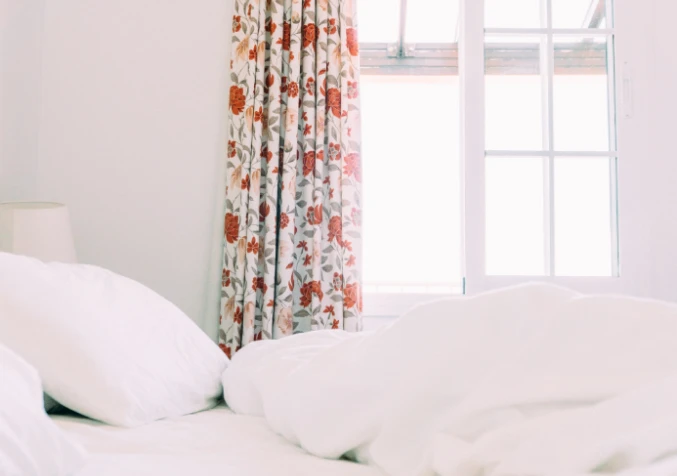
How to prevent dust mites in your bed
-
Dust mites hate UV light. Take your mattress into the sunshine once every few months for at least an hour and try to keep your bedroom windows open a little where possible.
-
A professional mattress clean can remove dust mites, germs and bacteria for up to 6 months. It may also help to improve your sleep.
Stop The Spread of Sickness in Your Home
Is someone at home already sick? Up your disinfecting game by wiping your surfaces down a little more than usual, wash sheets and pillowcases, and make sure everyone is washing their hands properly and often, to prevent the spread of germs.



